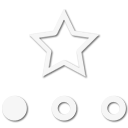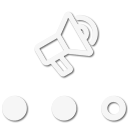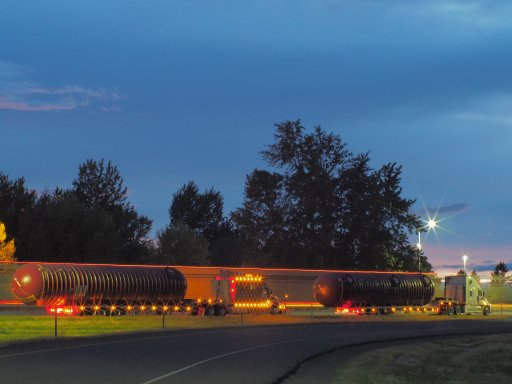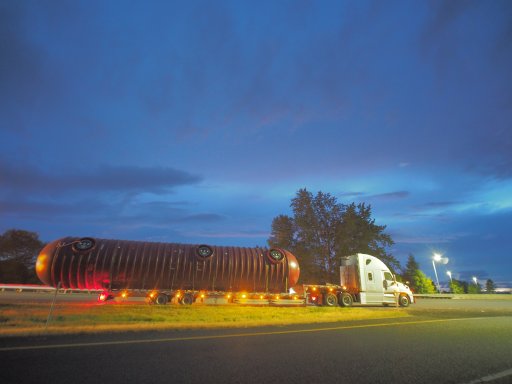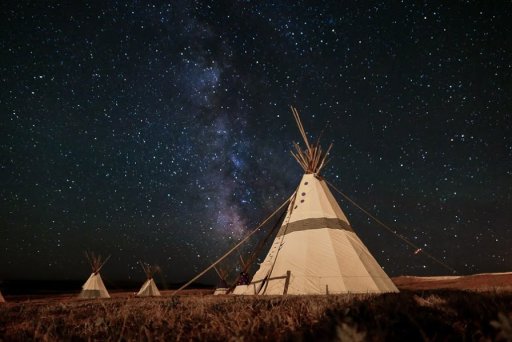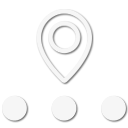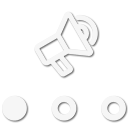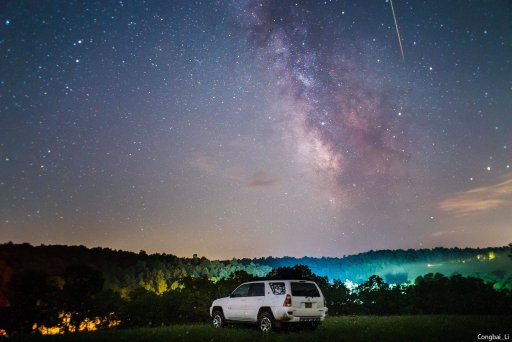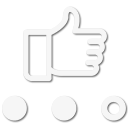Well after the last overnighter I've come to the conclusion that my Nikon Coolpix P520 just isn't cutting the cheese anymore.
...
So I'm starting to shop for a bargain DSLR that can get me close. I get the whole "Indian vs Arrow" concept, but sometimes the arrow just isn't good enough. What do you seasoned photographers recommend for cameras that I should start looking at?
I'm not looking to spend crazy money, and I'm not opposed to hunting for something used, I'm just trying to get an idea for a good starting point.
@ScorpioVI
Welcome, A bunch of us have been talking about this in another thread. Here are some of my thoughts on gear and how to begin. See
https://www.overlandbound.com/forums/threads/seattle-area-astrophotography-meet-and-campsite-cleanup-04-07-2018.12220/#post-205123
What do you define as "crazy money"? It's different for all of us.
I'll be using mostly Nikon references as that Is what I use and am most familiar with. My night photography friends shoot a mix of Nikon, Sony, Canon, and Pentax all produce great astro-landscape photos.
I built my kit over the last 5-6 years off of craigslist, ebay, online and offline shops. Currently it consists of:
- Nikon D700 (lightly used off Craigslist)
- Really Right Stuff TVC-34 (Gift, Used)
- Rokinon/Samyang 14mm F2.8 (Used Adorama)
- Rokinon/Samyang 24mm F1.4 (New either B&H or Adorama)
- Rokinon/Samyang 35mm F1.4 (New B&H, Adorama, Maybe Amazon)
- Nikon 50mm f1.4 (Used local camera shop)
- Satechi WR-B100 Wireless Trigger (came with Camera in Craigslist deal)
- Nikon Battery Grip (came with Camera in Craigslist deal)
When dealing with SLRs the large aperture glass (f2.8, or lower) is more important to invest in than the camera Body. You can start out with Nikon D7xxx series and a good example of either the Rokinon/Samyang 24mm F1.4 or 35mm F1.4 (or DX Equivalents), a sturdy tripod (Does NOT need to be Carbonfiber, but you want it to be sturdy, no $25 Walmart specials.) and either a remote trigger (wired or RF, not IR) or a 2 second delay available in the Camera settings. As you grow your skills you can get more or better lenses (Nikon 14-24 f2.8, Sigma 14mm Art f1.8...), or upgrade your Body (Nikon D800,D810, D850...) There is a "Nikon D800E with DK-17M 35mm f1.4 and Extras " for $1525 on Craigslist in Los Gatos and a "Bogen Manfrotto 3021 Professional Tripod with 3-way 3047 head" for $80 in the Mission District.
All of this gear in these 2 ads is is older. Tripod is probably 20-25 years old but I think is the same model that I used through most of the 90's and early 00's. Check castings on the legs where they join the main body for any hairline cracks. They are prone to break here but are otherwise very stout tripods.
The D800 is newer than my D700 and very similar to the newer D810, I know Pro Night photographers who still shoot this body for some of their work. Though many are switching to the D850 or the Sony 7 II/III mirrorless over the last year. If this gear is not stolen and in good condition it would make a reasonably priced
higher end Astrophotography starter kit.
Not sure how bad the drive from San Jose to Sacramento is but if you can make it check out
https://mikescamera.com/sacramento-zoo-demo-day.html
I've been to a few of these events around Denver and CoSpgs over the years and they have been a fantastic way to get hands on with gear to see if it fits your style.
Any questions please ask away
Boort

